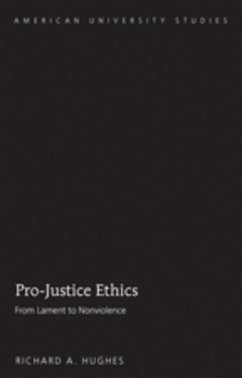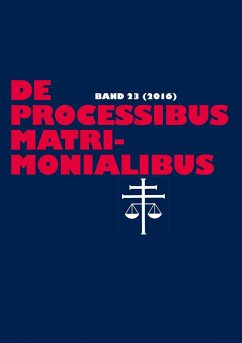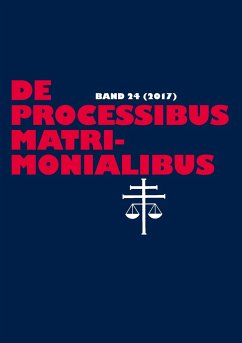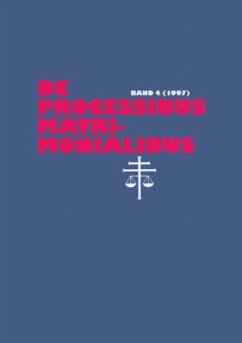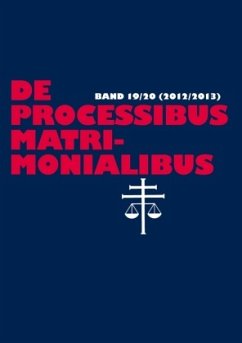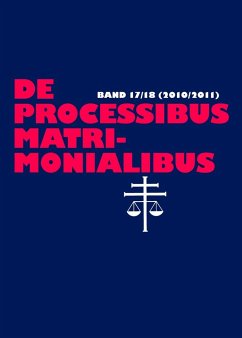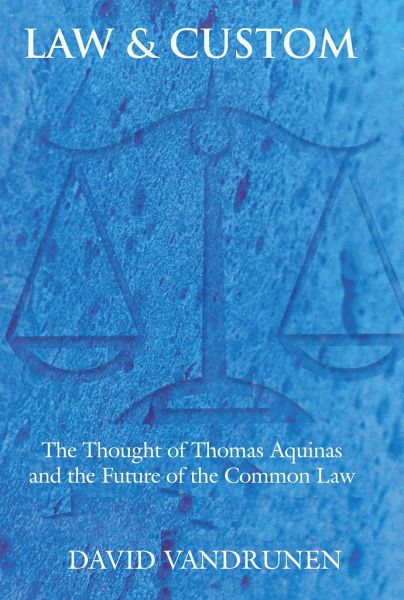
Law and Custom
The Thought of Thomas Aquinas and the Future of the Common Law
Versandkostenfrei!
Versandfertig in 6-10 Tagen
84,50 €
inkl. MwSt.

PAYBACK Punkte
0 °P sammeln!
Throughout the long history of the Western legal tradition, custom and law have been integrally related in both theory and practice. Their relationship is embodied by the Anglo-American concept of the common law. Nevertheless, the twentieth century witnessed a drastic decline in the importance of the common law in the very countries in which it once flourished. In this interdisciplinary work of theological ethics and legal theory, David VanDrunen explores the relationship of custom and law in the thought of Thomas Aquinas. VanDrunen argues that Aquinas's concern for custom was a central aspect...
Throughout the long history of the Western legal tradition, custom and law have been integrally related in both theory and practice. Their relationship is embodied by the Anglo-American concept of the common law. Nevertheless, the twentieth century witnessed a drastic decline in the importance of the common law in the very countries in which it once flourished. In this interdisciplinary work of theological ethics and legal theory, David VanDrunen explores the relationship of custom and law in the thought of Thomas Aquinas. VanDrunen argues that Aquinas's concern for custom was a central aspect of his theology of law and was grounded in broader elements of his theological and ethical thought. Aquinas's insights on the necessity of attention to custom for the formation of a just legal system, VanDrunen concludes, suggest many reasons for a renewal of interest in the common law in the contemporary world.



